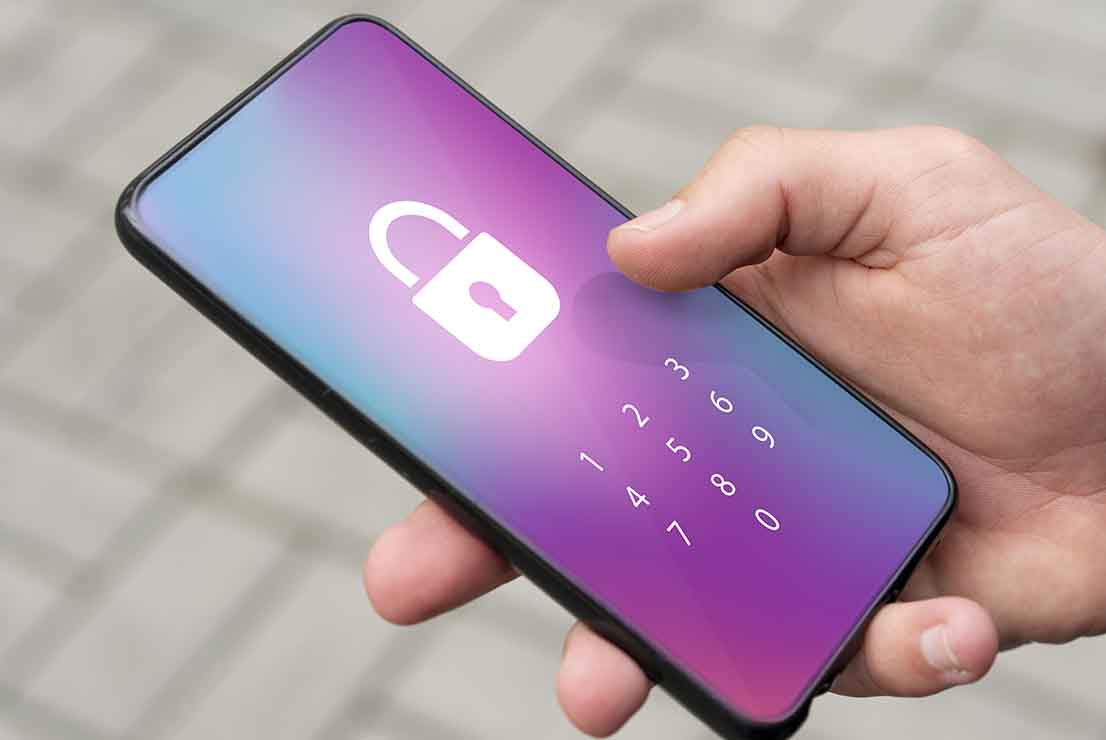By protecting your identity and personal information, you will reduce your identity theft risk. Taking proactive measures is the best way to protect your personal information and prevent someone from stealing your identity. Here are some simple identity protection tips you can put into practice to help you take control of your privacy.

1. Figure Out Your Own Definition Of Personally Identifiable Information (PII)
Based on the traditional definition, Personally Identifiable Information (PII) includes health records, credit card numbers, social security numbers, etc., and it is so 20th century. Since we are in the internet’s big data age, when data not considered to be PII is viewed in a broader context, it can feel very personal. It would be best if you thought a lot about what you consider your definition of personal information. Even bits of data like browsing history, email address, search history, etc., can reveal much about you when combined.
2. Use Secure Passwords
Hackers can easily crack passwords if you are not practicing sound password-creation practices. Some sound password-creation practices include using uppercase letters, lowercase letters, numbers, and special characters. Also, try to avoid using words or alphanumeric combinations that someone can easily guess by looking through a Google search or your Facebook profile. This is to say that your password should be long and too complex to imagine.
3. Never Use Any Of Your Personally Identifiable Information (PII) As Passwords
Never use any number or combination that’s in a way associated with your Personally Identifiable Information (PII) as your password or even part of your password, as those will be the first things someone will use to try to gain access to your account.

Securing your devices and networks
4. When Sharing Personal Information, Always Try To Be Overly Cautious
Avoid sharing sensitive personal information like school names, work history, Social Security number, insurance policy numbers, credit card information, family members’ names, passwords, etc., online or offline is one of the biggest risks. Certain websites share whatever personal information they have obtained about you from public records with anyone using the internet, so you have to be cautious and consider removing your name from such websites.
5. Be Mindful of Impersonators
Do not readily share your personal information with anyone over the internet, on the phone, or through the mail. If you do otherwise, you might fall into the trap of an imposter who’ll trick you into giving out your personal information by pretending to be your bank, credit card company, or other entity he/she is sure you’ll fall for. Before trusting a company that sends you a mail asking for your personal information, ensure that you search for the company’s name online, go to their website, contact them via their customer service, and then ask them if they sent you a request.
6. Be Careful When Sharing Your Passwords
This data protection tip is the most emphasized, yet many people fail to heed this advice. These data protection tips seem to be impractical in this modern age because family members need to share their passwords, credit card details, bank accounts, etc. Even in workplaces, you might need to share your login credentials with your coworkers. One thing you can do to prevent yourself from falling into a trap by hackers or scammers is to change your login details once the person you granted access has completed the task for which he/she needed access to your personal information. Another option is using a password manager wherein you can share your login credentials with anybody, and they would be unable to view or interpret the login information you sent.
7. Avoid Using The Same Password For More Than One Account Or Service
The risk of getting all your accounts hacked into is rather high when you are using the same password for different accounts or services because once one account is hacked, they will have access to all the other accounts that use that password. Most people use the same password for more than one account because recalling a slew of passwords is no simple feat. That is why having a password manager seems like a good idea when you are considering never using the same password to get access to more than one account or service. With the password manager, you can create your password algorithm that makes remembering all your passwords easy, and you would never have to use the same password twice.
8. Watch Out For The Theft Of Any Identification Numbers Issued To You By The Government
Credit cards and debit cards are not the only things thieves go after because they sometimes steal important government-issued identification numbers. If you get notified of a breach involving any of your government-issued documents, ensure to contact whatever agency that issued the document to you and ask them to recommend what you are to do in that situation. Sometimes, the agency might recommend that you cancel the document and obtain a replacement. The agency might flag your name so that no imposters will use your name to get a license.
9. Never Write Down Your Passwords
It is tempting to write down a list of all your passwords in a notebook or a sticky note. Still, it is a terrible idea as it will be easy for someone to steal your login details and get access to your accounts without your permission. Suppose you feel the need to write down your password. In that case, you should write down hints or clues that can help you jog your memory or make sure the paper with your password is carefully tucked away in a secure location.
10. Get Your Passwords Organized In Logical Groupings
Using different systems in creating the passwords you need for different types of websites will help you secure your accounts if one of them gets cracked by a hacker. This is to say that if the hacker figures out your Instagram password, he would not be able to get into your bank account since they have different passwords.
11. Avoid Faxing Sensitive Information Except It Is Utterly Unavoidable
Faxing is a convenient and quick way to send information. The only problem is that you can never be sure if the document was received by the intended person on the other end or that the document’s information was not visible to someone else while transporting it. For this reason, you are never to send personal information through fax unless it is necessary to send the information quickly. Although one can take certain precautions to ensure the intended recipient only receives the documents.
12. Get Rid Of Old Documents And Statements
According to the Federal Trade Commission, the nation’s number one complaint is identity theft. It is mostly caused when you unknowingly discard your personal information on the dumpster. It is important to shred all junk mails you receive that have anything to do with credit card statements, bank account statements, credit card offers, and more before throwing them away because you might be unknowingly putting your personal information in the hands of thieves.
13. Discard Off All Old Data You No Longer Need
Despite regular cleaning of your computer and mobile devices being a good practice to ensure usability, destroying old data you are no longer in need of is a wise decision because you do not want to give out more information than necessary to potential criminals.
14. Dispose Of Your Electronic Devices Properly
The two most effective ways of disposing of your sensitive records, documents, data, and information are document shredding and electronics. You should always have at the back of your mind that nothing is ever really permanently deleted from a technological device because tech-savvy criminals and hackers are usually able to recover information thought to be lost from hard drives if you didn’t dispose of it properly.

